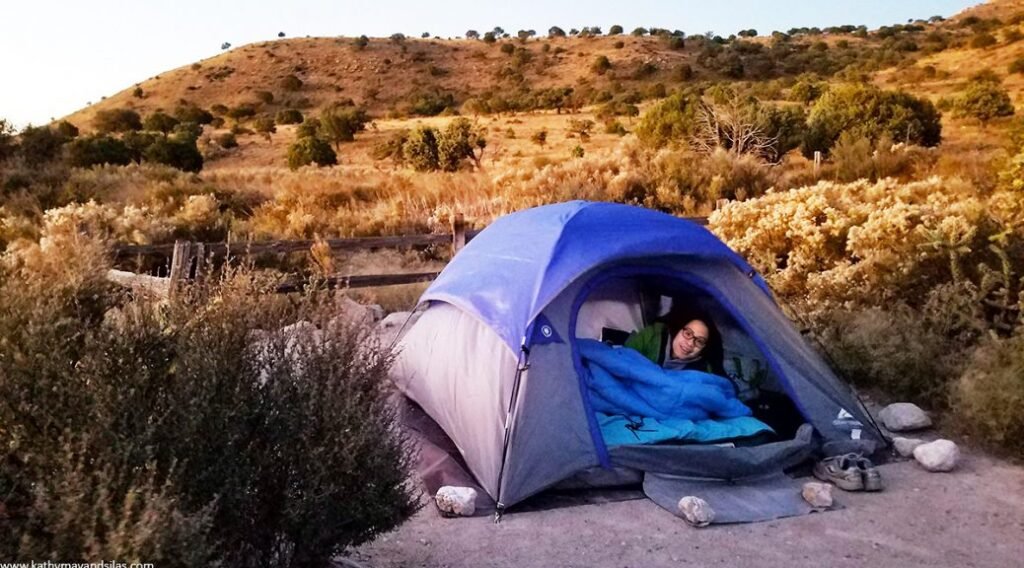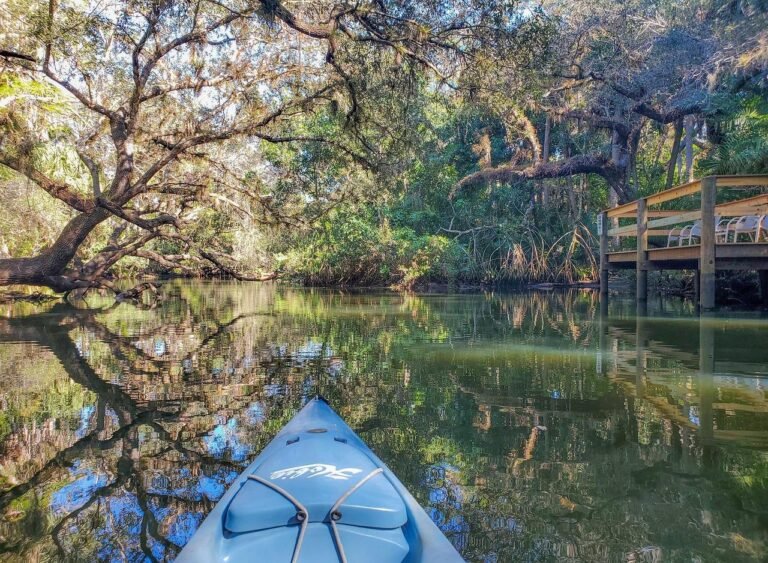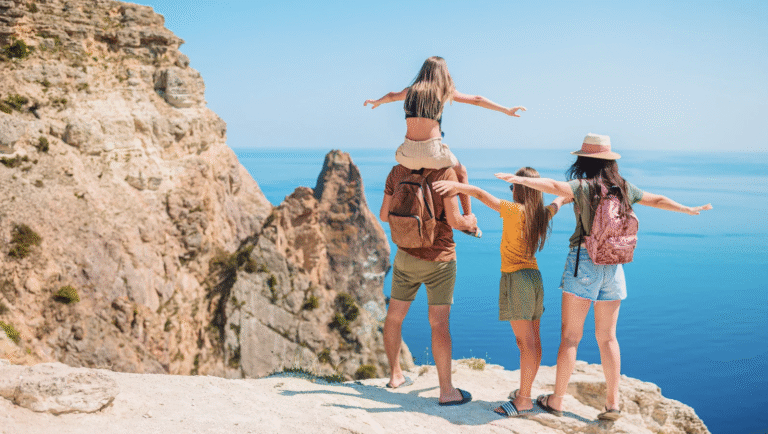Beginner’s Guide to Camping in National Parks

Key Takeaways:
- Discover essential tips for a successful camping trip in national parks.
- Learn about necessary gear and preparation steps before heading out.
- Understand the importance of respecting nature and following park regulations.
Why Choose National Parks for Camping?
Some of the most breathtaking scenery and outdoor activity options may be found in national parks. With their expansive verdant valleys, majestic mountains and peaceful lakes, these protected areas offer the ideal haven from the rush of contemporary life. You may fully immerse yourself in nature when camping in national parks, allowing you to unplug from technological distractions and re-establish a connection with the natural world. For instance, enthusiasts often rave about Skaftafell camping due to its pristine beauty and diverse activities. Whether you are a seasoned camper or someone stepping out into the wilderness for the first time, national parks offer an unforgettable experience that caters to all levels of outdoor enthusiasts.
Essential Gear for a Comfortable Stay
Before you embark on your camping trip, ensuring you have the right gear is crucial for a comfortable and enjoyable experience. At the very least, you need a reliable tent to keep you sheltered, a cozy sleeping bag suited to the climate, and a sleeping pad for added insulation and comfort. In addition to these basics, having a portable stove and necessary cooking utensils is vital for preparing meals. Also, packing sufficient food and water supplies can be addressed. Remember, the quality of your gear can significantly influence your camping experience. For instance, using an uncomfortable sleeping bag can lead to sleepless nights, impacting your ability to enjoy daytime activities. This camping checklist is helpful as a comprehensive packing list. It includes everything, from necessities to optional luxuries that can enhance your travel experience.
Planning and Preparation
Proper planning and preparation are the backbones of any successful camping adventure. Start by researching the national park you plan to visit, focusing on campsite availability, booking requirements, and any specific rules and regulations. It’s best to make reservations well in advance, particularly during popular times. Checking the weather forecast for the dates of your trip will help you pack appropriate clothing and gear. Moreover, sharing your itinerary with a friend or family member ensures someone is aware of your plans and expected return. This precaution is essential when camping in remote areas. A detailed plan can mitigate surprises, allowing you to focus on enjoying your trip. Knowing the layout of the campsite, including the location of facilities such as restrooms and water sources, can enhance your overall experience.
Leave No Trace Principles
Observing the Leave No Trace philosophy is one of the most crucial parts of camping in national parks. These rules aim to reduce the effects of human activity on the ecosystem so that future generations can enjoy these stunning places. It means properly disposing of all waste, minimizing the impact of campfires by using established fire rings, and respecting wildlife by observing from a distance. Sticking to designated pathways is imperative to avoid damaging plants and causing soil erosion. The goal is to leave the environment as pristine as you found it. Following these principles creates a more enjoyable experience for everyone and ensures the park remains beautiful and natural. Learn more about these principles from the Leave No Trace Center for Outdoor Ethics.
Safety Tips for Campers
Safety should always be a top priority when camping. A well-filled first-aid bag and familiarity with basic first-aid techniques may greatly help in an emergency. Understanding the types of wildlife in the area and how to store food properly can prevent dangerous encounters with animals. Additionally, keeping hydrated and protecting yourself from the sun with suitable clothing and sunscreen is essential. Listening to park rangers’ instructions and adhering to posted warnings can prevent accidents and mishaps. Awareness and preparedness can make your camping experience more enjoyable and safer. In short, safety measures are your best allies in ensuring a trouble-free adventure.
Activities to Enjoy While Camping
National parks offer many activities that can significantly enhance your camping experience. Hiking is a popular choice, offering various trails that cater to different skill levels. Fishing can be another enjoyable relaxation activity or catching a fresh dinner. Bird watching can provide a serene and educational experience as you observe the native species in their natural habitat. Many parks also offer educational programs led by experienced rangers who provide insights into the park’s ecosystem, history, and wildlife. Participating in these activities can make your trip more enriching and memorable. Exploring the park’s trails, participating in guided tours, and visiting scenic viewpoints can be the highlights of your trip.
Cook Delicious Meals Over a Campfire
Cooking over a campfire is one of the most enjoyable aspects of camping. Planning simple yet nutritious meals that are easy to prepare can make the experience delightful. Foil-wrapped dinners, such as potatoes and vegetables, can be cooked directly on the coals, offering a hearty and satisfying meal. Freshly caught fish, grilled over the flames, can be a real treat. Don’t forget to bring marshmallows for toasting, a classic campfire activity that adds a sweet ending to your day. Here are some simple campfire recipes to try:
- Foil-Wrapped Potatoes: Slice the potatoes, add butter, salt, and pepper, and wrap them in foil. Place them on the campfire until tender.
- Grilled Corn: Wrap corn on the cob in foil with a bit of butter and place over the fire. Rotate occasionally until tender.
- S’mores: A must-have dessert made with graham crackers, chocolate, and marshmallows toasted over the fire.
Making the Most of Your National Park Camping Experience
To make your trip truly memorable:
- Take time to relax and soak in the natural beauty around you.
- Enjoy the peace only nature can offer while taking in the fresh air on a leisurely trek to start your days.
- Spend your afternoons exploring new trails, discovering hidden waterfalls, or simply lounging by a peaceful lake.
- As the day ends, gather around the campfire to share stories, enjoy a warm meal, and stargaze.
This unhurried pace, free from daily distractions, makes camping in national parks unique. Embrace the simplicity and beauty of your surroundings, and you’ll come away with cherished memories and a renewed appreciation for the great outdoors. Recall that the voyage holds equal significance to the final goal, so savor each minute to the fullest.





